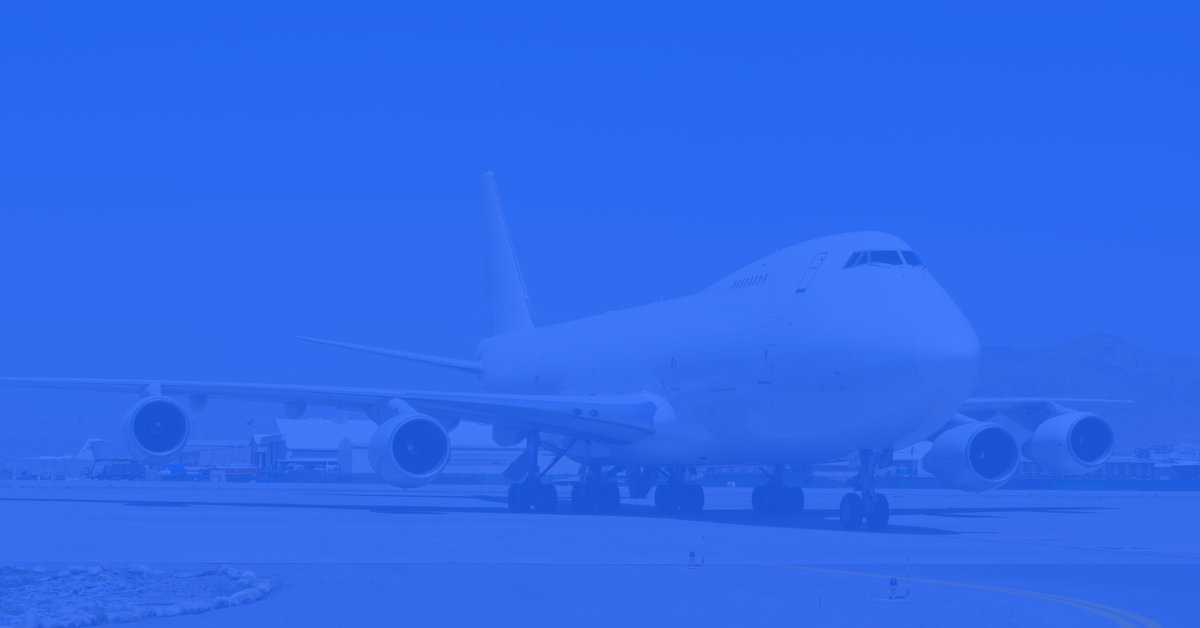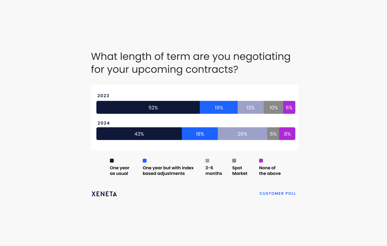As we carefully monitor how the current conflict in Ukraine develops, it’s important to understand how the conflict and sanctions on Russia the shipping industry with freight rate rises and capacity issues. Watch our latest on-demand webinar to understand where the air market stands and thus improve how you procure and negotiate air cargo rates.
Story Behind the Industry Headlines
In March, a couple of carriers reviewed their schedules and cancelled some capacity, including Japan Airlines, who pulled their flights for one or two weeks for rescheduling. The average European operation is more or less shut down, which will have a massive impact on those trades as there's already so much tension on the global air cargo supply chain.
"It just needs a minor incident to turn things sour very quickly. This is a major crisis having a profound impact on airfreight. Getting 20% less capacity will have an impact on load factors as well as on rates. How long that will continue? That's the big question," says Niall van de Wouw, Chief Airfreight Analyst, Xeneta.
"There will be creative solutions developed by airlines but it's very complicated. Fuel is of course a major consideration. I read this morning that it was recently at the 14 year high. So there are all sorts of logistical cost implications."
Market Movements
Even though the market has improved a little since the last four or five weeks, Xeneta data shows that the market still has a long way to go when looking at the capacity & the dynamic load factor.
The Ukraine crisis is creating havoc on Europe to Northeast Asia lanes and back, as European airlines are not allowed to fly over the Russian space. Last week's data in Xeneta reflects a 20% drop in capacity from Northeast Asia into Europe. The load factor has gone up to 84%, and the short-term rates are increased by 5 to 10% just in one week.
The main countries or the main lanes affected by this are China, Hong Kong, South Korea, Japan. However, markets like Thailand, Singapore, and Vietnam are far less affected because of how the airlines are flying or operating in those markets.
Referring to the issue of getting trucks from China Mainland into Hong Kong, Niall highlighted that the ground operation staff is still a key issue in this part of the world and that air freight capacity is just one piece of the puzzle.
Meet The Speakers:
Paul Mullins, Chief Revenue Officer, Xeneta
Niall Van De Wouw, Chief Airfreight Officer, Xeneta
Want to learn more?
Sign up today for our upcoming monthly State of the Market Webinar to stay on top of the latest market developments and learn how changing market conditions might affect your contract negotiations.
PS: Missed the LIVE session? Sign up to get the full webinar recording.








